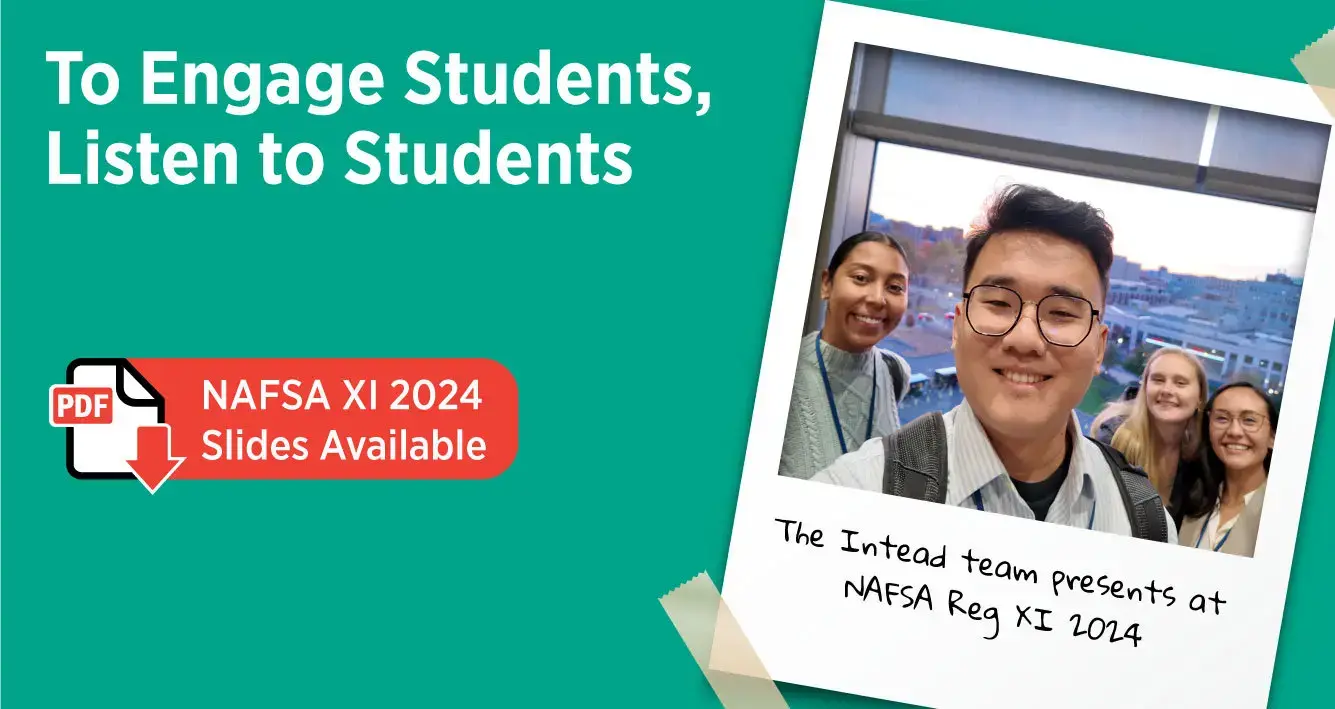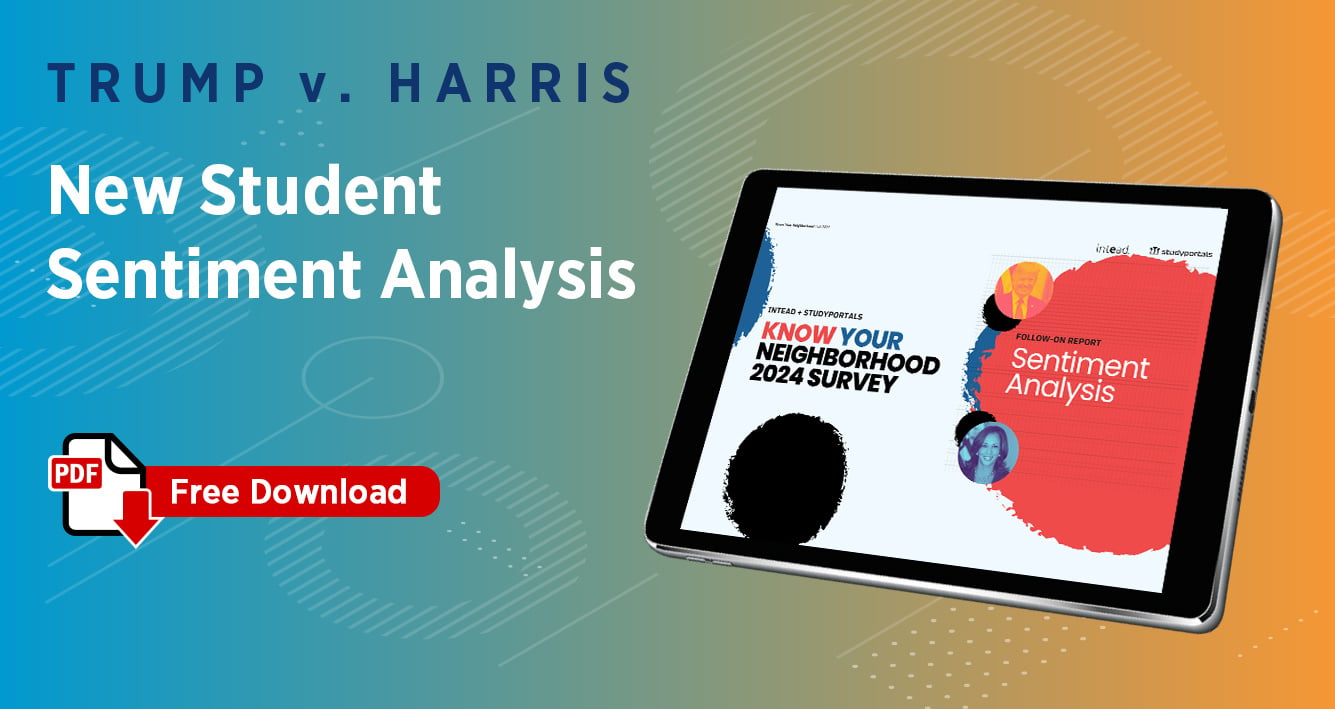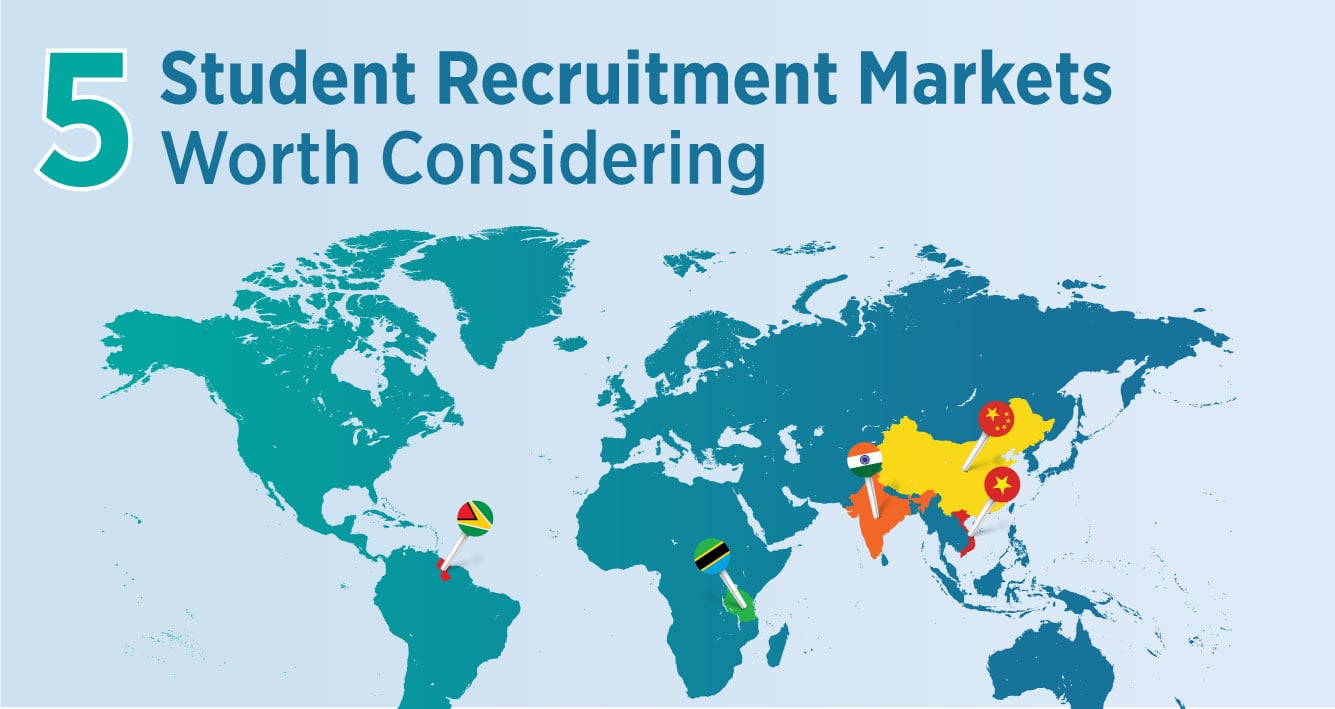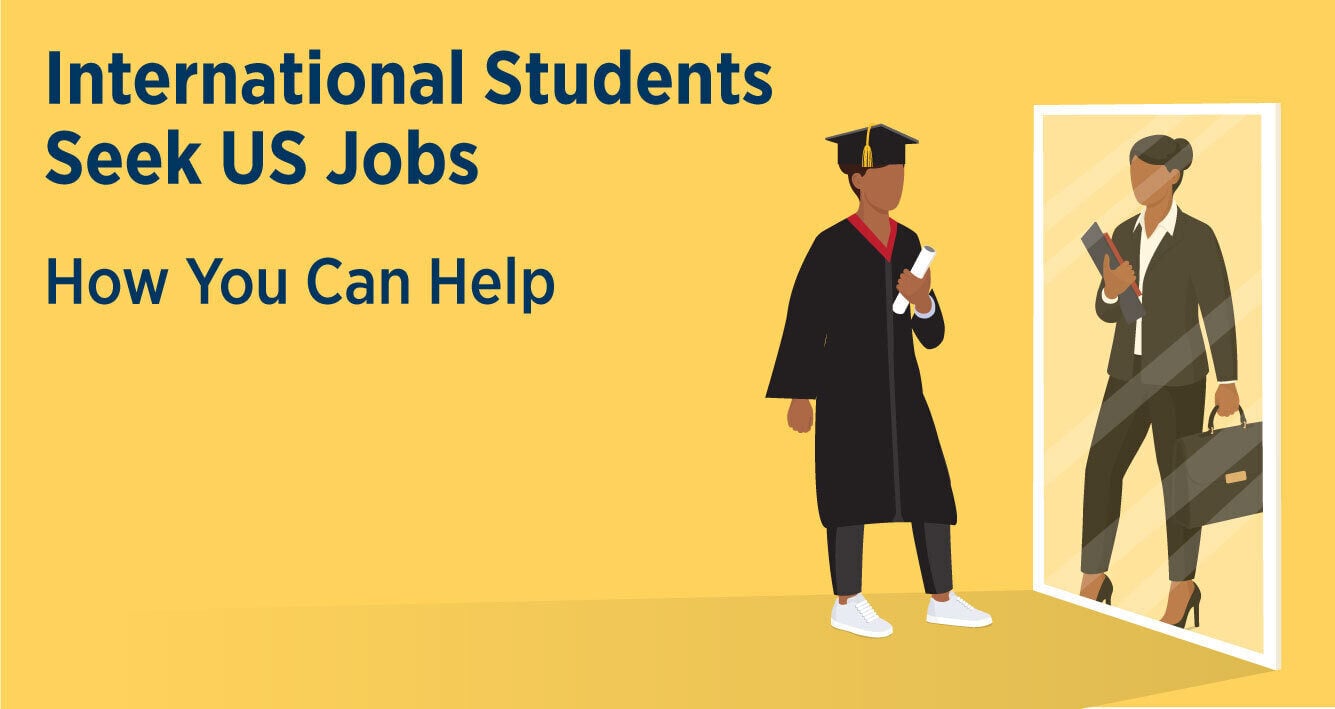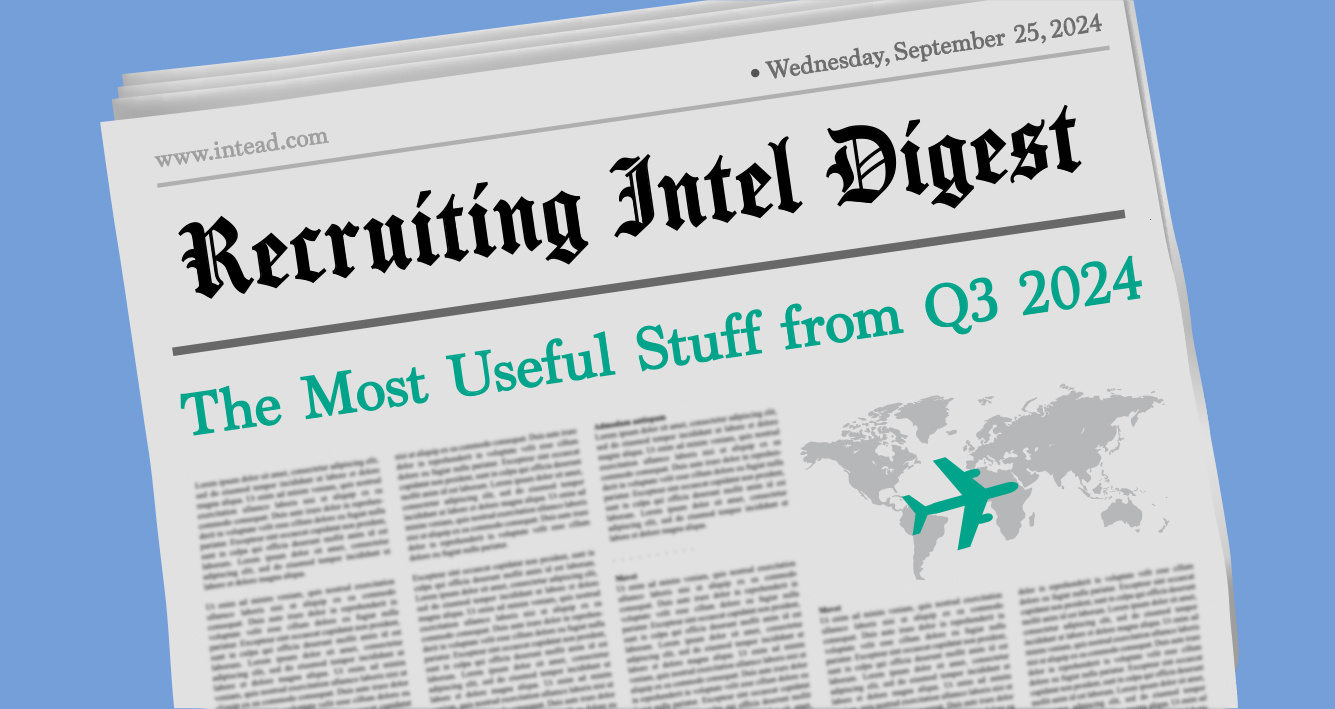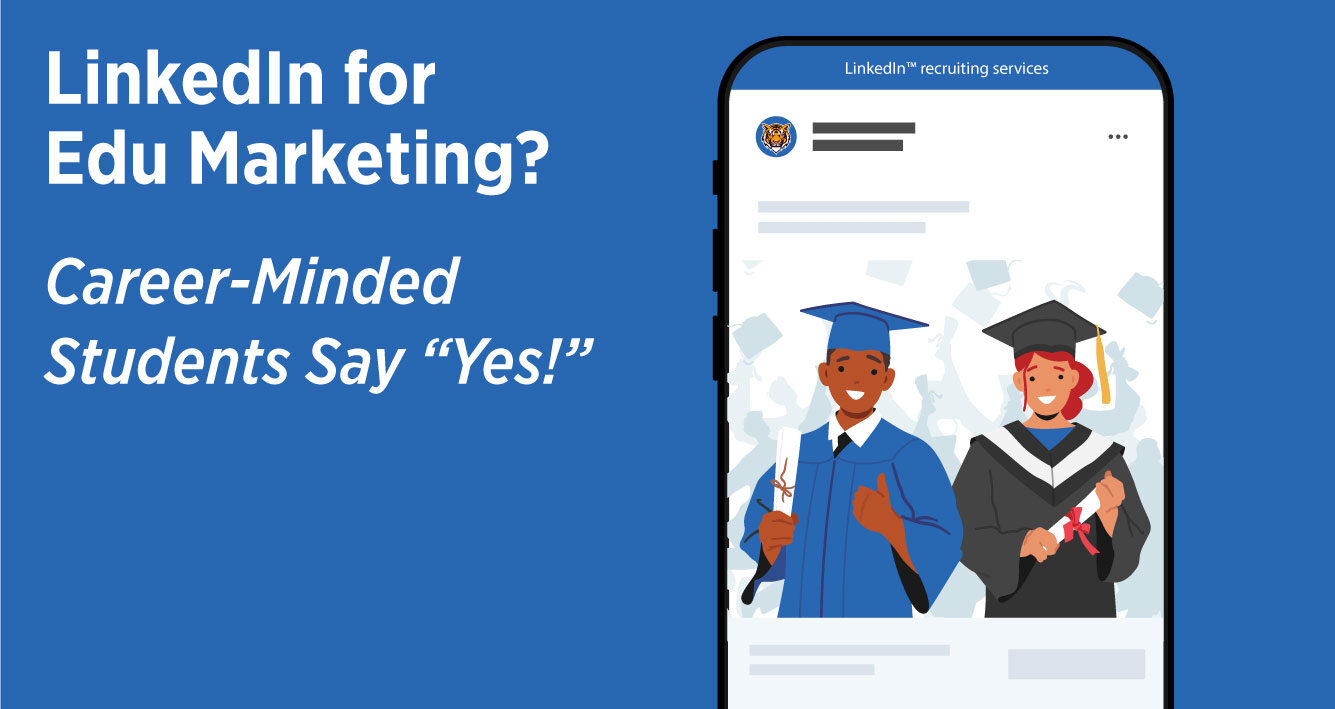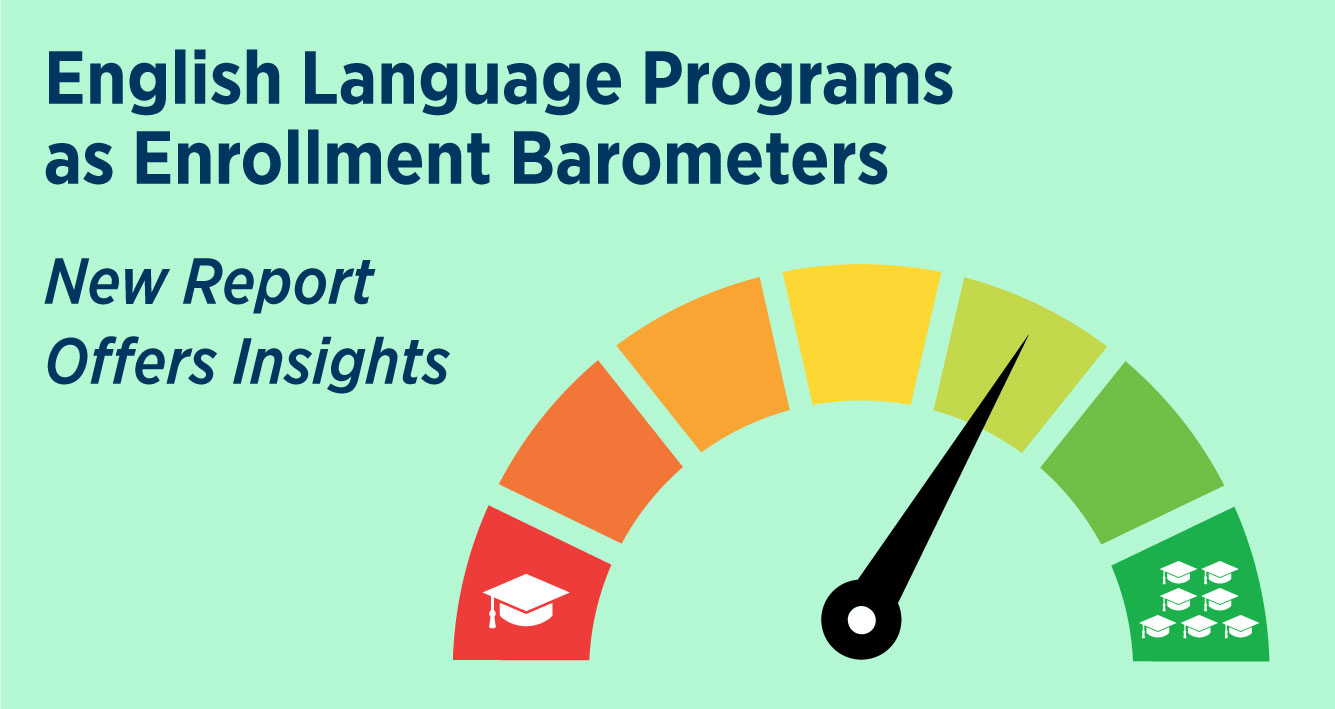Imagine a mid-size, private university, call it Opportunity University, gearing up for a recruitment push in Vietnam – a new target market for the institution. Excited by the potential and the green light from the provost, the nimble international recruitment team of two assembles a marketing campaign targeting what they assume to be their typical international prospects: high school students motivated to get a liberal arts education at a US institution that will lead to future career success.
The standard international student profile, right? (Wrong, but we’ll get to that.) Running on a tight budget and timeline, they repurposed a campaign strategy that had previously proven successful with the Indian market (a dominant source of students for their computer science graduate programs). The response, however, was not what they had hoped.
The errors of this somewhat exaggerated story highlight a critical marketing misstep: relying on shallow persona development. Not thinking this stuff through can lead to serious marketing misses. Anyone who takes a simple bullet list of traits and runs with it (high school student, career-minded, uses WhatsApp, seeking international education) is not taking their role as marketer seriously.
Personas often get a bad rap from jaded marketers who have seen the process based on simplistic stereotypes and then relied on as a holy grail. We hear you! We are not seeking Hollywood stereotypes here.
But well considered personas do align your broader marketing team so that your communications speak with a consistent integrity to each potential student segment. Well-crafted personas are all about internal team alignment around a common voice and marketing approach.
Opportunities to Meet the Intead Team
- NAFSA Region XI, Hartford, Connecticut, Oct. 27-29, 2024
- PIE Live North America, Boston, MA, Nov. 19-20, 2024
- AIRC, Seattle-Bellevue, Washington, Dec. 4-7 -- including our pre-conference global marketing workshop. A full day of Intead global intel (lunch included ; -). Details here.
Bookmark this: Intead’s Resource Center
Access 800+ articles, slides decks, reports with relevant content on any topic important to enrollment management and student recruiting. Check it out.
Unlike the fictitious Opportunity University, institutions that think critically and dive deep into student persona analysis understand that the development of multidimensional profiles is foundational to successful student recruitment strategies. They get that personas, when thoughtfully crafted, can anchor the entire marketing team around a coherent, effective, audience-centered strategy. It’s a north star for guiding marketing tactic selection, content development, design, student interactions, and marketing execution which includes selecting recruitment channels.
The process of creating marketing personas itself helps dissect the complex student decision-making process by considering the target audience’s lifestyle, challenges, media consumption habits, and underlying motivations. It is so much more than a surface demographic dig. What you uncover during the process can lead to really compelling marketing that will resonate with your prospects because you will have firm insights into their mindset, influencers, and ultimately, their choices.
On more than one occasion we’ve seen the persona discovery process actually lead to market retreat because the more intimate understanding made it clear the audience and programs on offer weren’t a good fit after all. Better to find out in the early stages than committing to a no-win grind. A sort of check and balance of your strategy.
Complex persona development is the kind of thing large consumer packaging companies are so good at. During one of our internal innovation sessions the Intead team got into a discussion about how understanding your audience plays out. One quick case study was P&G’s “Thank You, Mom” campaign from the 2012 Olympics (London). If you don’t recall what we’re talking about, see the link below. Let us know your reaction. Tip: grab tissues first.
So much emotion, and yet, all they were selling was laundry detergent and other basic goods. They knew exactly who their target audience was and why they used their products. And no, it wasn’t to simply keep clothes clean. The tagline lays it out, "It takes someone strong to make someone strong. Thank you, Mom." Suddenly, I have this urge to buy Tide. But I digress…
The lesson here is the student journey to your institution is so much more complex and life altering. Just imagine what a thoughtful, well-understood persona could do for your student recruitment. Read on for our tips (pass them on to your team) …
Read More


